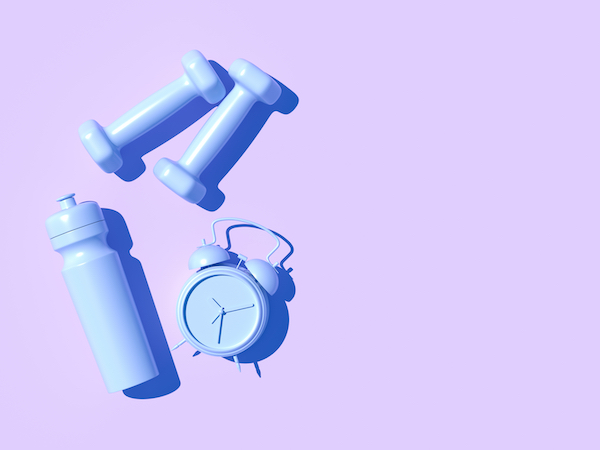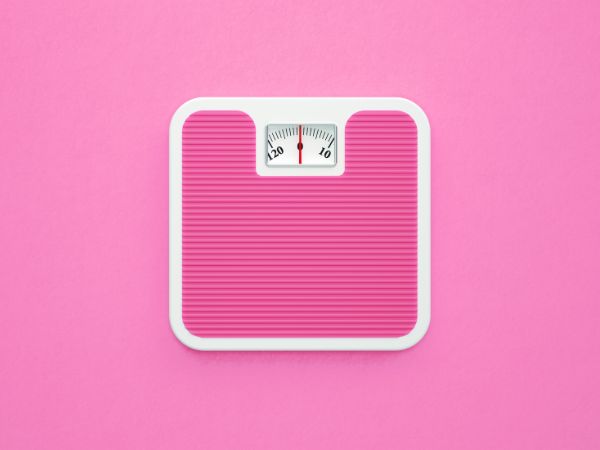For people that are dealing with a medical condition, in addition to weight management, it can be difficult finding solutions that are both safe and effective for managing both issues simultaneously.
Hypothyroidism is no exception to this, and this page will walk you through what hypothyroidism is, how it potentially contributes to weight gain, and what options are available to managing these changes.
If you’d like to talk to a healthcare practitioner about weight loss, talk to a practitioner at Felix. They may be able to suggest weight loss treatments that could work for you.

Ready to start your weight loss journey?
Get a personalized treatment plan from a Canadian nurse practitioner 100% online, with free delivery and ongoing support.
What is Hypothyroidism?
Hypothyroidism is a condition characterized by low thyroid hormone levels.
Hypothyroidism can be caused by certain outside or underlying factors. In many cases, this occurs because of an auto-immune condition called Hashimoto’s disease; a condition in which your immune system attacks your thyroid.
If you believe that you could have hypothyroidism, you’ll need to speak with your family physician to have blood work completed, in order to test for low thyroid hormone levels.
How Hypothyroidism Causes Weight Gain
It’s important to note that hypothyroidism rarely causes massive weight gain.
Many people with hypothyroidism experience some decrease in their BMR (basal metabolic rate). However, The relationship between BMR, energy expenditure/energy balance, body size/changes is very complex.
There are many other factors that interact with your body’s BMR, so it’s difficult to predict the effect of thyroid hormone changes alone on your body.
Some of the weight gain experienced is adipose tissues, but water and salt accumulation is also part of this equation.
If you have a BMI over 30, and you’re interested in weight management treatments, complete an assessment with a healthcare practitioner at Felix. They can determine whether weight loss medications are the right treatment option for you.
What is the Safest Weight Loss Medication for Hypothyroidism?
You should focus on treatment for low thyroid hormones, before weight loss treatments are considered. There are no weight loss medications for hypothyroidism.
Once your hypothyroidism is properly treated (i.e., hormone levels are in a normal range), if you still have overweight or obesity that’s affecting your health, then this could be the time to consider weight loss medications.
NOTE: Additionally, it’s important to ensure the weight loss medications being used don’t affect the absorption of your thyroid medication. The safety of your weight loss treatment and thyroid medication varies from individual to individual and can be assessed by your healthcare practitioner.
The Benefits of Thyroid Supplements
We don’t recommend thyroid supplements that claim people with thyroid problems can lose weight by using them. They are unregulated and can be dangerous, but we’ll talk a bit more about that in the next section.
Thyroid medications, which are being prescribed and monitored by a registered healthcare practitioner are what should be used to treat hypothyroidism.
If you’re looking for weight loss medications (not supplements), and your thyroid levels are stable, talk to a healthcare practitioner at Felix. They may be able to suggest weight loss medications that will work for you in combination with lifestyle adjustments, based on your health and medical history.
The Risks of Thyroid Supplements
Thyroid supplements (not prescribed medications) are unregulated and can actually be dangerous for you to use. There’s no telling how much hormones are in them, or they could have other ingredients in them that could react with your body in a variety of negative ways.
Natural does not always mean safe. You should only use thyroid medications that are prescribed to you directly, by a registered healthcare professional.
Should I Contact My Healthcare Practitioner?
Are you looking for some assistance on your weight management journey? Are your thyroid hormone levels stable, and you’re interested in discussing weight loss treatment options? Then it could be time to talk to a healthcare practitioner at Felix.
Complete an assessment, and if your practitioner believes that medical weight loss treatments could be right for you, based on your health and medical history, they can help you find treatment options that may work for you.
Together with Felix in your corner, you can take back control of your health and get back to living life on your terms.





